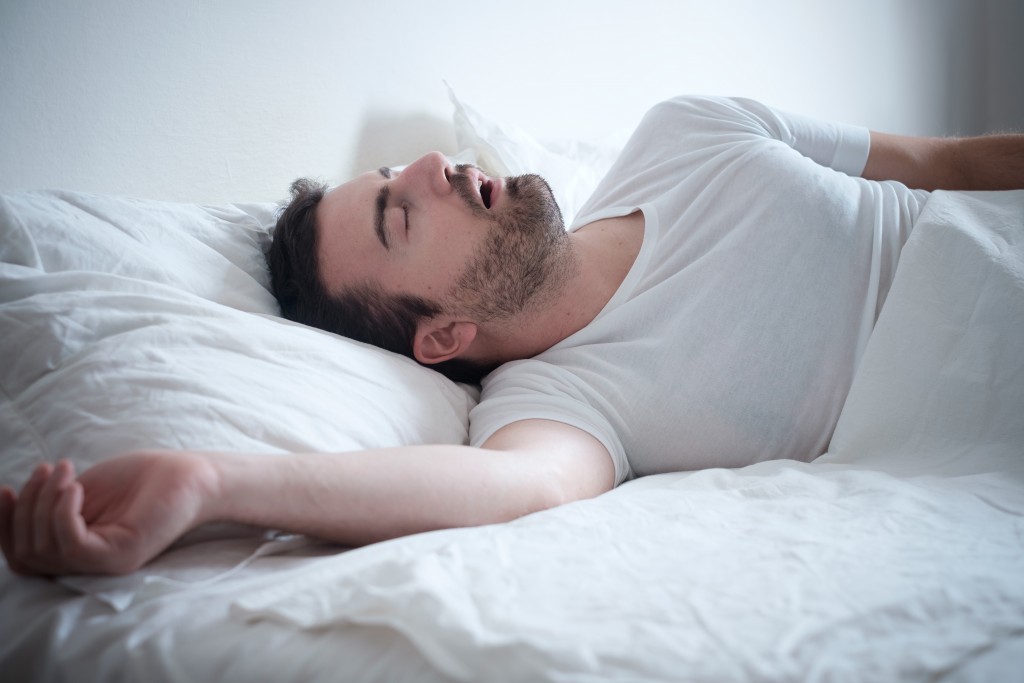Suddenly ceasing to breathe while you sleep might be a horrifying thought, but close to 10% of women and 25% of men suffer from this condition. Sleep apnea has been diagnosed in over 200 million people, with more cases left undetected.
The Importance of Sleep
The human body moves through anabolic and catabolic phases. The catabolic phase happens mostly during your waking hours. During the day, your body produces cortisol, glucagon, and catecholamines, leading to a loss of nitrogen and the breakdown of protein in your body. Sleep shifts your body to the anabolic phase — the time it heals by synthesizing proteins and releasing growth hormones.
Sleep apnea prevents your body from entirely moving to the anabolic phase, leaving you tired in the morning. Because your body is prevented from synthesizing proteins, your sugar levels can remain high throughout the night and increasing your chances of gaining weight. Sleep apnea has been known to cause chronic fatigue, loss of focus and concentration, dry mouth and sore throat, as well as depression.
Getting Through the Night
Getting a restful sleep can be as simple as sleeping on your side with a proper mattress. A lot of people with sleep apnea buy hotel mattresses to help them relax. However, although a bed with firm support significantly helps, you’ll still need to use continuous positive air pressure (CPAP) device while you sleep for more severe cases.
Most people sleeping with a CPAP prefer to sleep on their side, so a soft and supportive mattress is essential for a more comfortable sleep. Surgery is another option, but it has its risks, and the chances of success stand at around 60 percent. Most procedures involve clearing or enlarging the airway in your throat by either removing parts of your tongue or repositioning it, removing tissue from the throat, or repositioning your jaw. Note that doctors will only suggest surgery if you are not able to wear a CPAP device.
Losing Some Weight

Extra weight increases your chance of developing sleep apnea, and losing the excess weight can make your symptoms milder or eliminate the condition outright. Packing excess weight often leads to excess tissue on the back of the throat, covering the airway and blocking the normal flow of air during sleep. Losing a mere 10 percent of your weight (if you are overweight or obese) can significantly reduce your symptoms.
If you are at the point of contemplating surgery, losing a bit of weight should be a safer and more reliable option. Unlike surgery that has a 30-40 percent chance of failing, losing weight always produces results. In all but the most severe cases of sleep apnea, getting your body back to a healthy weight should all but eliminate your symptoms and allow you sleep through the night without the aid of a CPAP device.
Sleep apnea seems like a horrifying and dangerous condition, but it can be managed quickly and safely once the disease is diagnosed. A CPAP device and a comfortable mattress can give you a restful sleep through the night, and a bit of exercise can make your symptoms milder.

